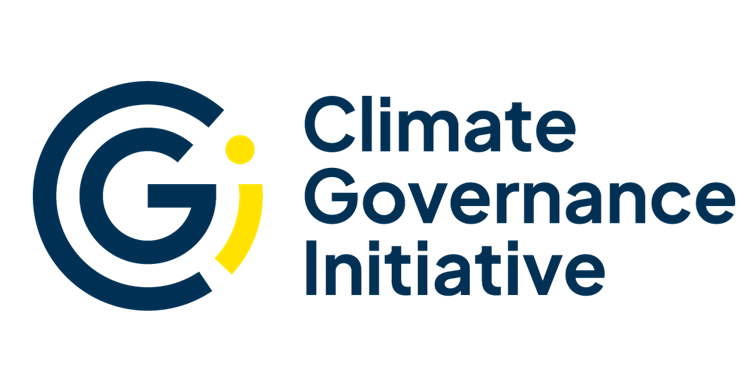
Host:
Climate Governance Initiative
Moderator:
- Shai Ganu, Steering Committee member, Climate Governance Singapore and co-founding member, ASEAN Climate Governance Network
Panellist:
- Penny Bingham-Hall, Chair, Vocus Group, Taronga Conservation Society Australia and Advisory Committee of the Climate Governance Initiative Australia
In this first of three keynote panels on ‘Ambition to Action’, to open the Climate Governance Initiative Global Summit in the Asia Pacific region, Shai Ganu and Penny Bingham-Hall discussed how boards are tackling climate change and where improvements need to be made.
The role of nature was flagged by Penny, as a key area to be considered to help address the climate challenge for companies, alongside consideration of the energy transition. It was highlighted that businesses require more clarity due to the fast-moving and evolving discussion around “What is green?” and this can be created through the provision of concise plans.
Overall, the session brought to light five key points:
1) Climate action should be integral to business activity,
2) It’s about ESG (Environmental, Social and Governance standards) not CSR (Corporate Social Responsibility),
3) All interests need to be aligned to ensure successful business planning,
4) There are clear business benefits to tackling climate change ,
5) Don’t let perfection be the enemy of the good.
The session was closed by a video message from Minister Grant Robertson, Deputy Prime Minister of New Zealand, who reiterated that the role of non-executive board directors is essential – and fundamentally: “It is time to turn from ambition to action; there is simply not time to waste”.
Ambition to Action: Key actions for boards
The key actions this session highlighted for board directors to move from ambition to action follow the second, fifth and sixth Principles for Effective Climate Governance:
– Command of the Climate Subject: by increasing awareness and understanding of climate-related threats and opportunities, your board should be better placed to make informed and effective decisions for your organisation.
– Strategic and Organisational integration: by integrating climate considerations throughout the business, the resilience of the organisation can be improved due to long-term effects being taken into account in the management of risk and opportunities.
– Incentivisation: as a board director, aligning the interests of executive management with climate-related targets and indicators can promote the long-term health and resilience of the company.
This summary was provided by the session hosts.